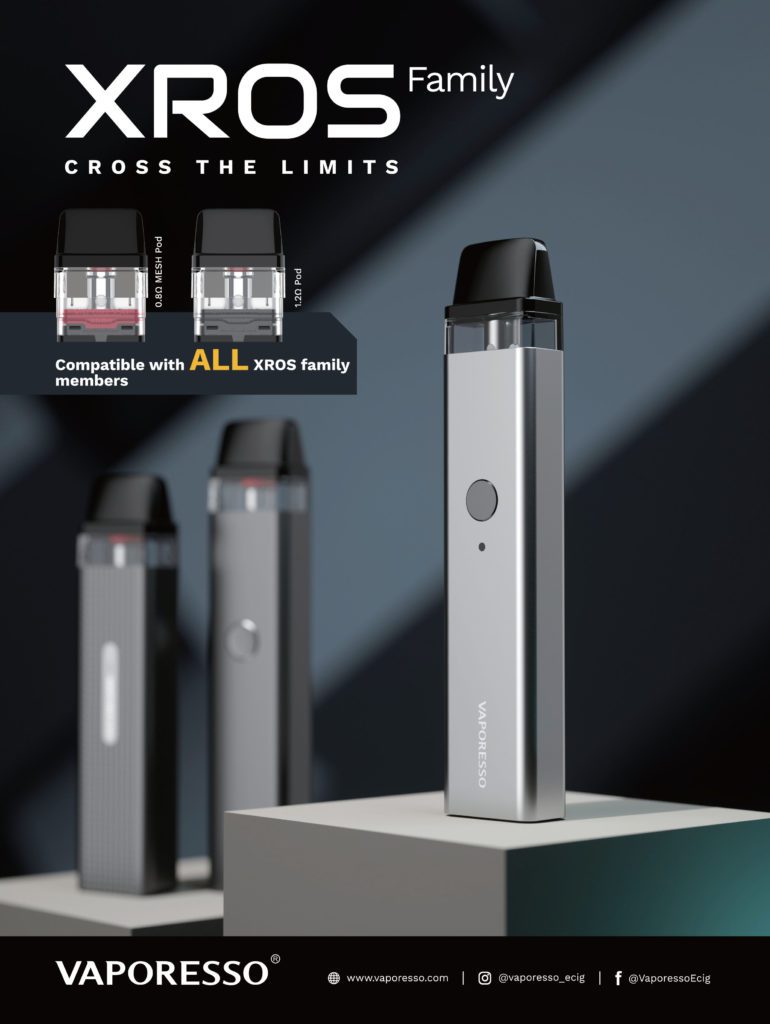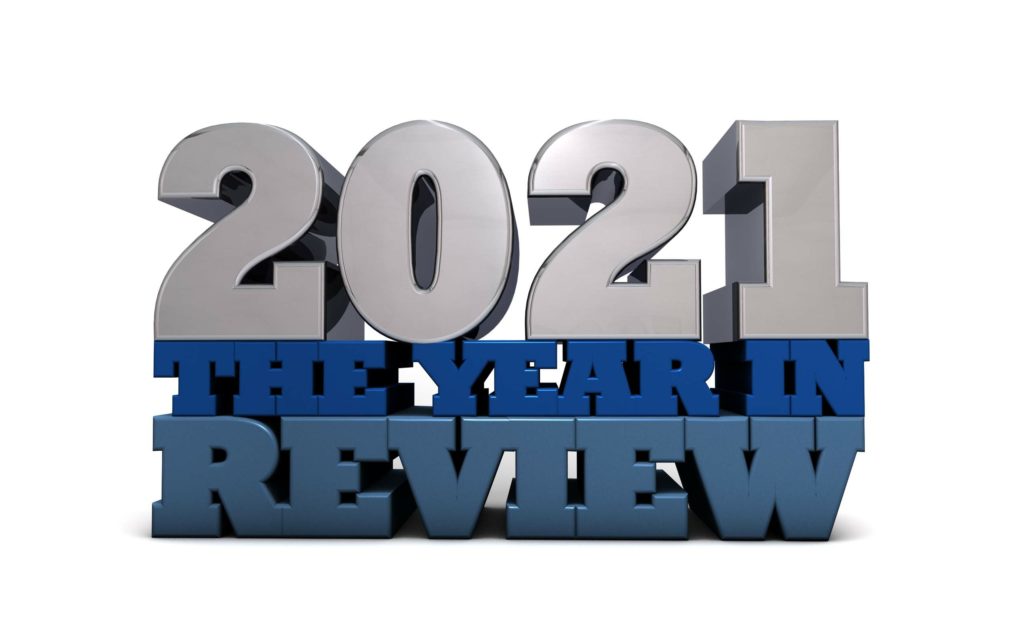
Last year was a difficult one for vapor companies as regulation, taxation and flavor bans made their impact on the industry.
By VV staff
On Sept. 9, 2020, e-cigarette manufacturers needed to have submitted premarket tobacco product applications (PMTAs) to the U.S. Food and Drug Administration to keep their electronic nicotine-delivery system (ENDS) products on the market. Going into 2021, many applicants hoped to receive marketing approval orders. That didn’t work out. Instead, the FDA rejected the vast majority of applications—many of them for excluding studies that the agency didn’t appear to require at the start of the process.
By Dec. 31, 2021, the FDA had issued marketing denial orders (MDOs) for most of the more than 6.5 million PMTAs submitted by 500 companies. Only an estimated 80,000 products remain under review and, as of press time, only the Vuse Solo and two tobacco-flavored Solo pods have received a marketing approval order. Many of the applications still under review are “ones submitted by the companies with the largest market shares because they tend to be the largest and most complex applications,” according to Mitch Zeller, head of the FDA’s Center for Tobacco Products (CTP).
The U.S. Postal Service (USPS) banned the mailing of vapor products in 2021, and Congress started debating a federal nicotine tax, which at press time had been removed from the legislation. Last year, many MDO recipients had those orders stayed by a court or rescinded by the FDA. Withdrawn products returned to market, leaving retailers confused. Misinformation about vaping was widespread throughout the year. Synthetic nicotine and disposable vape pens began to dominate sales and several new cannabinoids came to market. Let’s look back at the top stories of 2021.


January
Beverly Hills and Manhattan Beach, both in the Los Angeles area, began to enforce a ban on vapor products, the strictest vaping rules in the U.S.
Shares in Chinese e-cigarette maker RLX Technology, parent to the RELX brand, jumped 146 percent in their trading debut after raising $1.4 billion in its U.S. initial public offering.
Following the enactment of smoke-free laws in Paraguay, every South American country banned vaping and smoking in most public places.
The FDA sent its first warning letters to manufacturers of ENDS products that did not submit PMTAs by the Sept. 9, 2020, deadline.

February
Turning Point Brands announced a proposed private offering of $250 million aggregate principal amount of its senior secured notes due 2026.
The public comment period began for the U.S. Postal Service’s ENDS mailing rules. R.J. Reynolds Vapor Co.’s (RJRV) Vuse Alto began selling nationally in the U.S.
Utah Senator Mitt Romney pushed for flavored vaping products to be pulled from shelves across the United States.
March
The World Health Organization study group on Tobacco Product Regulations recommended prohibiting open systems.
The litigants in two lawsuits challenging the constitutionality of the FDA’s Deeming Rule for vapor products, Big Time Vapes and Moose Jooce, asked the Supreme Court of the United States (SCOTUS) to take up their cases.
The Preventing Online Sales of E-Cigarettes to Children (PACT) Act forced many companies to end online sales to U.S. customers. Many went out of business altogether because of the new rules.
China announced its intent to overhaul rules governing the ENDS market. The news caused a steep drop in the value of RLX Technology shares, from which the company has yet to recover.



April
Virginia became the 16th state and first southern U.S. state to legalize the possession of small amounts of marijuana.
Charlie’s Holdings, parent to the Charlie’s Chalk Dust and Pacha Mama brands, raised $3 million in a private stock sale.
American TV personality Phillip Calvin McGraw, also known as Dr. Phil, wrongly blamed the e-cigarette or vaping use-associated lung injury (EVALI) lung illness outbreak on vaping nicotine products. The USPS published its guidance for mailing vaping products in the Federal Register.
The FDA stated its intent to ban menthol as a characterizing flavor in cigarettes, saying it would exclude e-liquids.
May
An estimated 3,000 people visited the Tobacco Plus Expo (TPE) on the opening day of the three-day event, the first vapor trade show since the pandemic began.
The WHO reasserted its abstinence-only approach to nicotine. The U.S. International Trade Commission (ITC) ruled that Philip Morris International’s IQOS device infringes on two patents owned by BAT subsidiary Reynolds American Inc.
Meanwhile, a judge ruled that RJRV’s Vuse Solo and Ciro e-cigarettes infringe patents owned by Fuma International. Joining a growing number of U.S. states, New York expressly prohibited Delta-8 THC and other THC isomers derived from hemp.
The FDA published a list of ENDS products that could be legally marketed in the U.S.
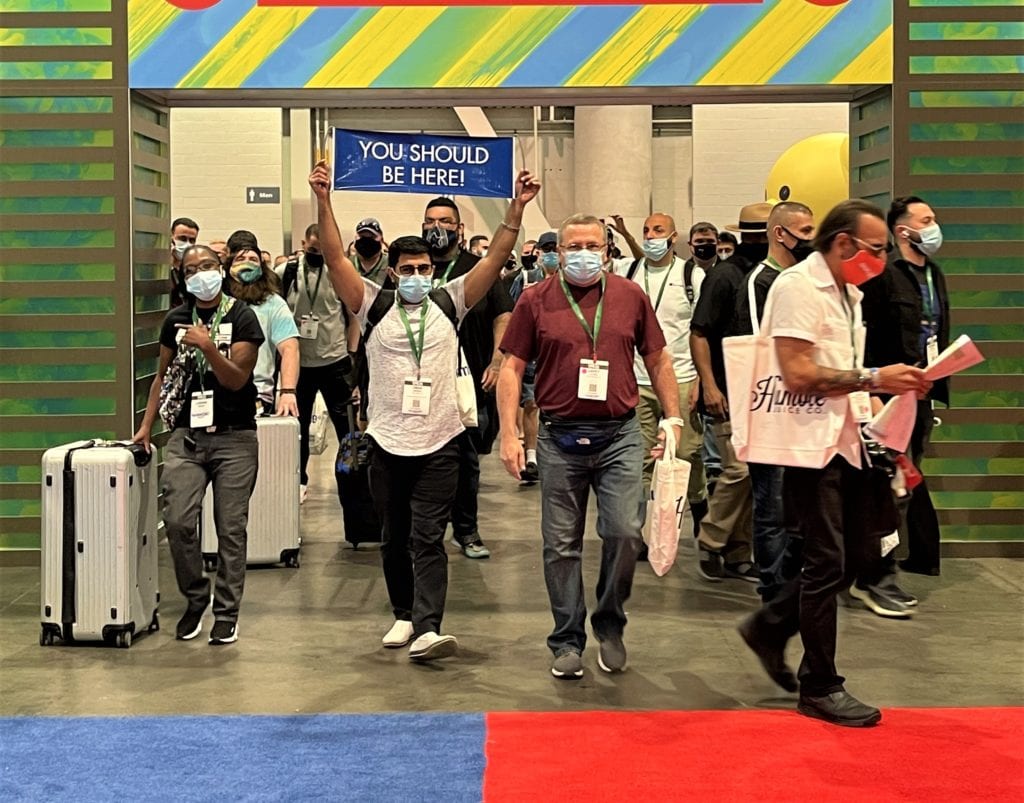

June
Poda Holdings launched its “zero cleaning” heat-not-burn (HnB) product after six years of development. SCOTUS denied Big Time Vapes and Moose Joose a request for a writ of certiorari.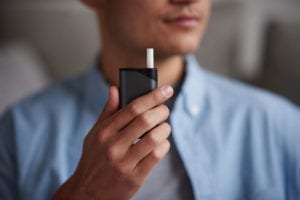 The German Bundestag signed off on a bill to raise taxes on combustible cigarettes, e-cigarettes and HnB tobacco products.
The German Bundestag signed off on a bill to raise taxes on combustible cigarettes, e-cigarettes and HnB tobacco products.
An investor filed a class action suit against RLX Technology, claiming the manufacturer overstated its financials and misrepresented potential regulatory risks when it filed its IPO. San Francisco, Connecticut, Washington, D.C., Los Angeles and Canada proposed or enacted flavor bans.
A study in the U.K. gave homeless people free e-cigarette starter packs. North Carolina settled its lawsuit with Juul Labs for $40 million.
July
Vaporesso and FEELM parent, Smoore International Holdings, was the only vaping technology company to make the Forbes 2021 Global 2000 list.
Australia set maximum fines of up to aus11 million ($8.2 million) for businesses caught selling illegal nicotine vaping products.
The FDA was accused of issuing unwarranted warning letters and leaving companies off of its list of accepted PMTAs. The agency was also criticized for using poorly functioning PMTA filing software.
Juul Labs paid $51,000 to buy an entire issue of the American Journal of Health Behavior to publish its own vapor studies and make it publicly available. The town of Brookline, Massachusetts, prohibited the sale of all tobacco-related products to anybody born after Jan. 1, 2000. The Chinese vaping company Aspire Global announced terms for its U.S. IPO—which didn’t happen.
The Federal Bureau of Investigation and the Drug Enforcement Administration raided the cannabis culture and accessories trade show, CHAMPS, because vendors were giving unauthorized Delta-8 THC product samples. Bidi Vapor parent, Kaival Brands, began trading on the NASDAQ.



August
The FDA issued a Refuse to File letter to the JD Nova Group for its estimated 4.5 million PMTAs, which accounted for approximately two-thirds of the total number of PMTA submissions.

Smok Parent, IVP Technology, considered a Hong Kong IPO—which didn’t happen. The FDA issued the first MDOs covering more than 55,000 products.
A study found that, contrary to what earlier studies suggested, vaping products are not associated with increased heart attack incidence among people without a history of smoking combustible cigarettes.
September
As the PMTA deadline approached, the FDA asked for more time before deciding whether some “e-cigarettes from market leader Juul Labs” and others are appropriate for the protection of public health. Numerous companies received MDOs from the FDA the night before the deadline.
Vuse became the No. 1 global vaping brand by value share. No product got marketing orders on the court-imposed Sept. 9 deadline; instead, the FDA issued MDOs to more than 130 small companies, including Turning Point Brands, requiring companies to pull an estimated 946,000 products from the market.
Congress proposed the U.S. Tobacco Tax Equity (TTE) Act, which would tax vaping products the same as combustible cigarettes. The legislation later gets attached to the Build Back Better (BBB) Act. The FDA released its annual National Youth Tobacco Survey (NYTS) showing that youth use of e-cigarettes fell sharply in 2021, the second consecutive year of major declines.
The FDA said the 2021 NYTS can’t be compared to previous years because Covid-19 caused schools to close and altered testing procedures.


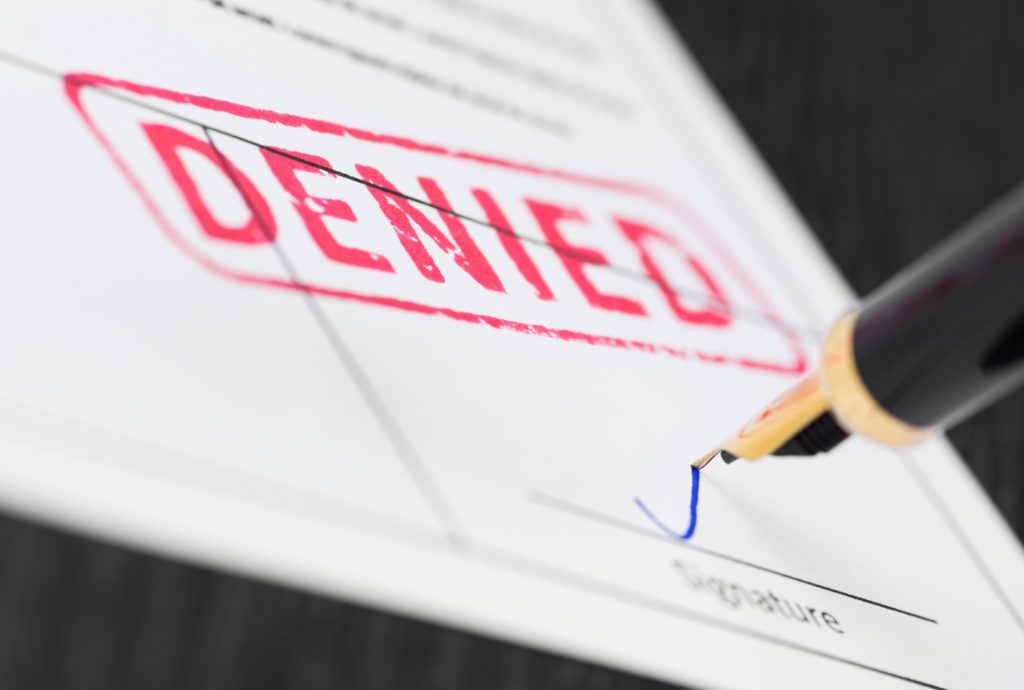

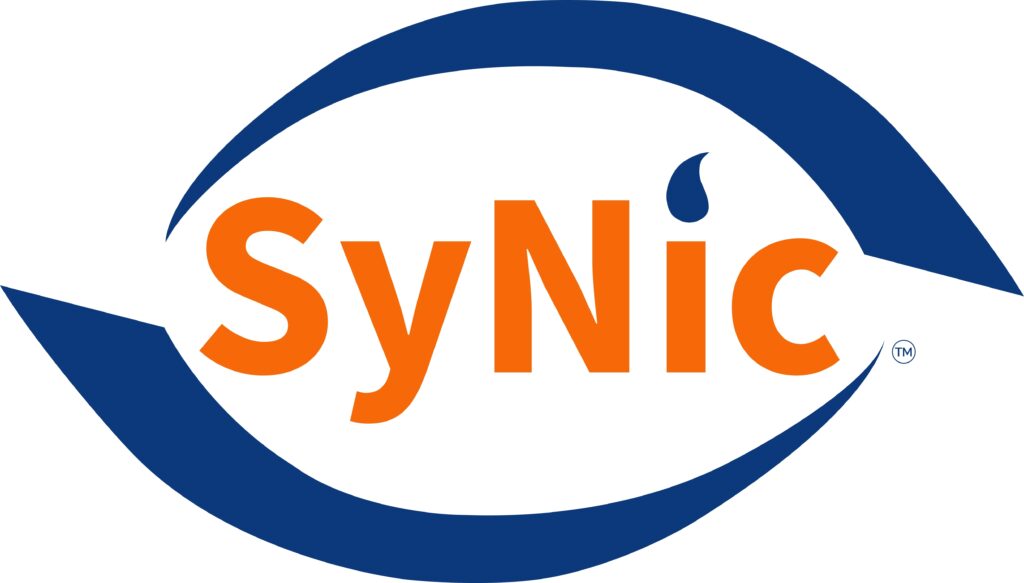

October
Zanoprima Lifesciences announced the commercial production of its SyNic brand of synthetic (S)-nicotine. Turning Point Brands had its MDO rescinded by the FDA because the company did in fact submit newly required studies.
The FDA’s Fatal Flaw review process was revealed after court documents were released. After more than six months, the USPS finally posted for public inspection its rules for mailing e-cigarettes in the Federal Register.
The FDA gave the first ENDS marketing approval to RJRV’s Vuse Solo device and two tobacco-flavored pods, which are widely regarded as antique products compared to current vaping offerings.
The FDA authorized the marketing of four oral tobacco products that are no longer on the market. Ten MDOs were rescinded or stayed by the FDA or in court.
November
More details surfaced surrounding the Fatal Flaw review, a simple review in which the reviewer examines the submission to identify whether it contains the necessary types of studies. “The Fatal Flaw review will be limited to determining presence or absence of such studies; it will not evaluate the merits of the studies,” an FDA memorandum states.


Previously proposed nicotine/vapor tax increases were removed from the BBB Act.
The Conference of the Parties to the WHO Framework Convention for Tobacco Control held its ninth session, this time virtually.
The nicotine tax resurfaced in the BBB Act. RJRV settled its Fuma lawsuit two days before the trial was set to start.
Biden nominated former FDA chief Robert Califf to again lead agency.


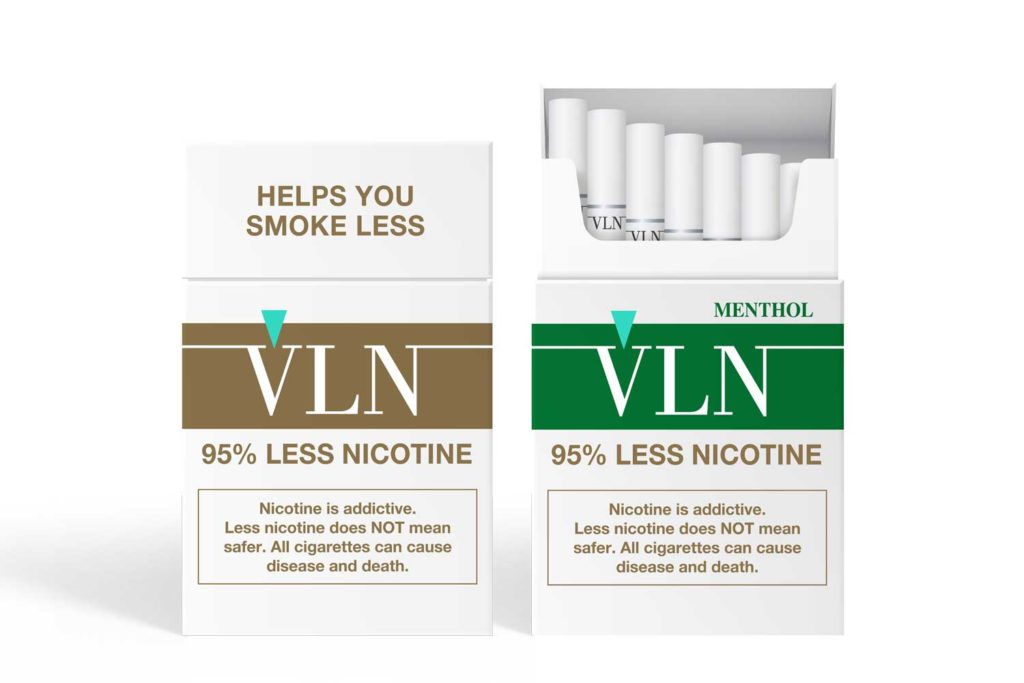

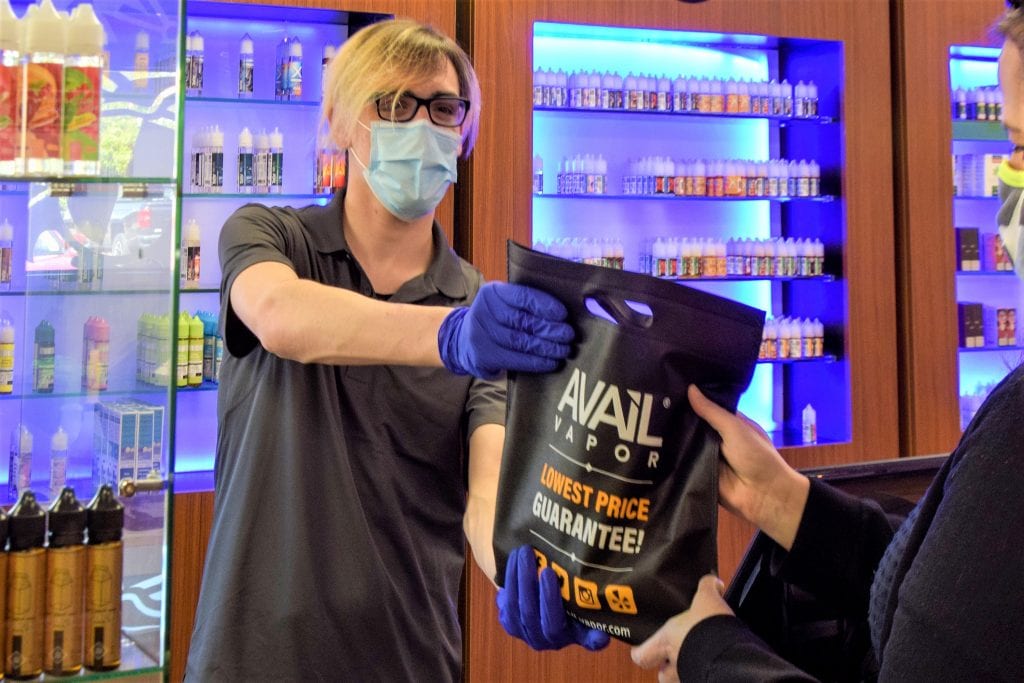

December
Draft rules governing e-cigarettes and vapor products were issued by China’s tobacco regulator.
The nicotine tax was again removed from the BBB Act.
The U.S. Trade Representative upheld the ITC’s finding that Philip Morris International’s IQOS infringes on BAT patents and Altria ended all U.S. sales.
The Spanish government took control the country’s sales and distribution of vaping products.
CTP Director Mitch Zeller announced plans to retire from the CTP in April.
Once the largest chain of vape shops, Avail Vapor sold the majority of its retail locations and closed its remaining stores.
Turning Point Brands received a USPS exemption for its VaporBeast subsidiary’s vape mail.
The FDA authorized the marketing of 22nd Century Group’s low-nicotine, combustible filtered cigarettes as modified-risk tobacco products.
Looking ahead
The outlook for 2022 is vague at best for vapor. The FDA has a new director, and Zeller is retiring from the CTP, and things can change quickly under new leadership. It’s expected that the FDA will make decisions on the major ENDS brands at some point in the year, and there are still an estimated 44 lawsuits pending over the issuing of MDOs. The industry has already seen numerous vapor-related businesses close, consolidate or be bought out by larger competitors. Experts say that much of the same can be expected in 2022.
“With the announcement of Zeller stepping down, I think we will continue to see vastly extended approval times for the majority of vapor products still being evaluated by the FDA, especially with open litigation covering many of these products,” said Josh Church, managing director of Roots Holding. “The products that do make it through the approval process will be high-value SKUs to large tobacco product manufacturers and will likely either be bought outright or there will be some agreement in equity share to utilize tobacco’s historic distribution network.”
Last year left a lot of questions that the industry still needs answers to in 2022. There also probably won’t be many major changes in the vapor market other than continued sales growth in 2022, according to Church. “I think we can all agree that 2021 was a rough year. I believe that this year, we will observe the run out of the mail ban—effects of the PACT Act—on ecommerce,” he said. “That will come alongside continued brick-and-mortar business closures for those who don’t diversify their product offerings. I wouldn’t say 2022 is going to be worse than 2021, but I don’t expect it to change very much either.”
